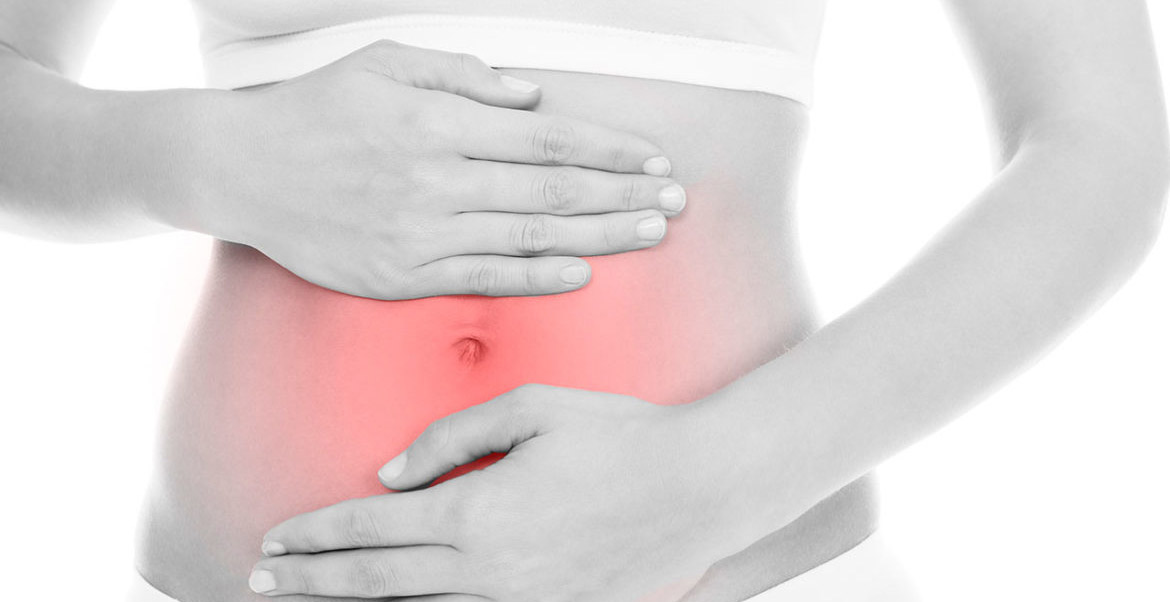[et_pb_section bb_built=”1″][et_pb_row][et_pb_column type=”4_4″][et_pb_text _builder_version=”3.13.1″]
Diverticulosis is the appearance of a series of diverticula or bags in the wall of the large intestine. They usually develop in the colon, specifically in the sigmoid colon.
The diverticula are produced by an increase in pressure inside the tube, which affects inconsistent muscle walls, causing them to swell and, therefore, reducing the lumen of the intestine. Diverticulosis reflects an uncomplicated situation, only the presence of diverticula in the colon, but without producing symptoms.
It usually affects people older than 50 years in a greater proportion. In fact, half of people between 60 and 80 suffer from it, and after the 80s almost everyone has this disease. Below 50 years, its presence is rare (around 5%), something more common in men, being closely linked to obesity and with a higher incidence of complications.
The causes of diverticulosis, it is believed that the intestinal diverticula are the result of, at least, the combination of two factors: on the one hand, alterations of the muscle fibers of the colon, and on the other the alterations of the motility or peristalsis of the latter. This produces an increase of pressure inside the colon generating small hernias that are diverticula. There could also be a deficiency in the function of the nerve fibers of the colon, causing a malfunction of the muscles that propels the feces, and therefore generating weakness in areas of the intestine where the diverticula will grow.
A low fiber content causes a delay in bowel movements, as well as a lower volume of stool. Vegetarian diverticulosis is much less common than people who consume a high proportion of red meat and fat in their daily diet.
The most common symptoms that a patient with diverticulosis presents are: Pain, Cramps, Swelling, Constipation (elimination of faeces, difficult to expel or infrequent), Bleeding, Inflammation, Fistulas, Mild colic, abdominal distention, Constipation.
The best prevention of diverticulosis is to maintain a balanced diet that includes enough fiber (25 to 30 grams per day for an adult). Some foods rich in fiber are:
- Fruits: like apples, peaches, pears, bananas and tangerines.
- Vegetables: as broccoli, zucchini, carrots, peas, Swiss chard, Brussels sprouts, spinach, asparagus, hearts of palm, tomatoes, potatoes…
- Legumes: beans, lentils, chickpeas…
- Whole foods: bread, cereals, pasta, rice…
- It is advisable that people who have already had a diverticulosis avoid the ingestion of nuts and seeds.
Always take care of your health with a unique and efficient service. Visit Pharmamedic.
[/et_pb_text][/et_pb_column][/et_pb_row][/et_pb_section]







